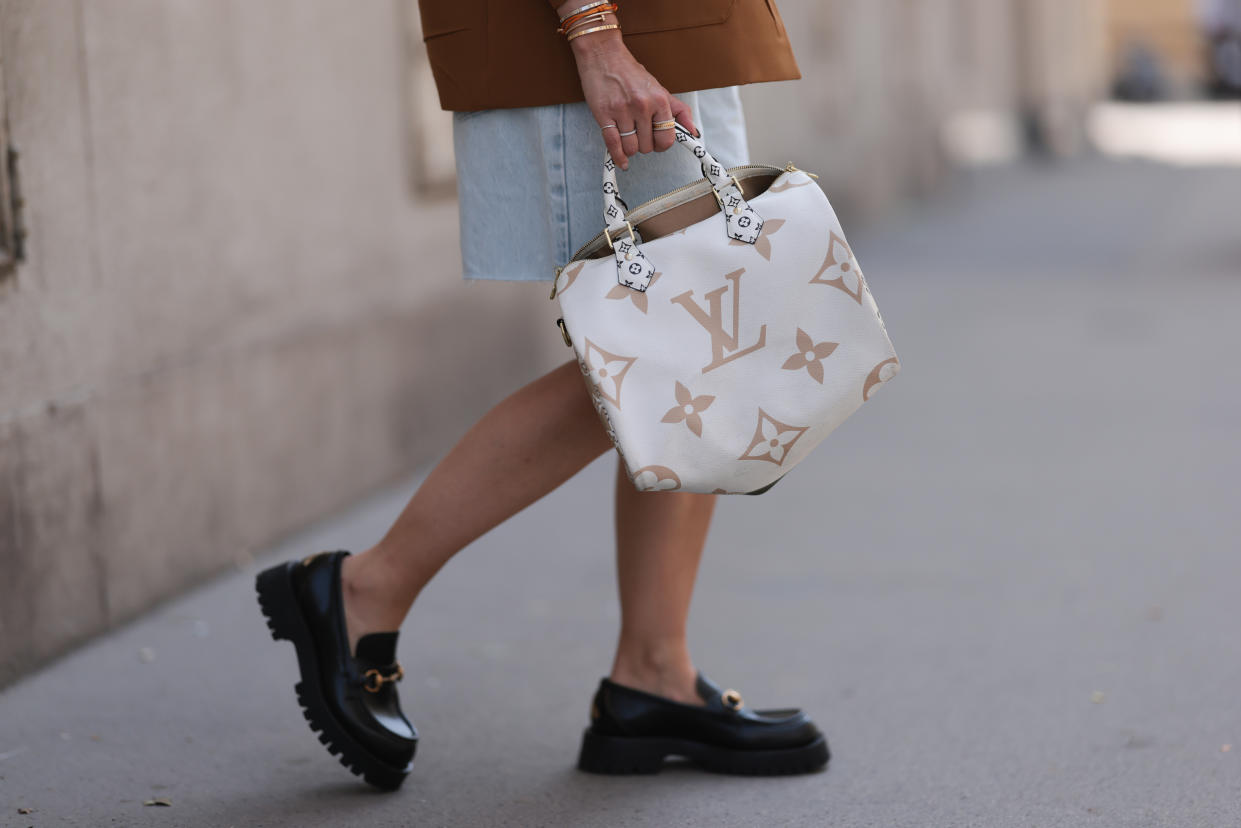Inflation is making luxury handbags 'unaffordable to an aspirational buyer'
The luxury industry is witnessing a slowdown as consumer spending is affected by high inflation and global recession fears.
According to McKinsey & Company, for the first time in more than two years, "high-income consumers' spending growth was negative. In fact, they've reduced their spending more aggressively than lower-income groups have."
"There's been a lot of inflation, and I think most of the players have taken their price to a level that is not sustainable," Pauline Brown, former LVMH Chairman of North America and author of "Aesthetic Intelligence," told Yahoo Finance (video above). "When you look at the appreciation of the price of an average, say, Chanel handbag, Dior handbag just in the last five, six years, it has really extended itself. And it's becoming unaffordable to an aspirational buyer."

According to a November 2022 report from Vogue Business/Rakuten, 30% of US luxury shoppers indicated that they would consider cutting down on spending on designer items, with 20% "anticipating a switch to less expensive products and brands over the next year." Additionally, 46% stated they expected to wait for sales and discounts to fund their designer purchases.
LVMH (LVMUY, LVMHF) — the parent company of brands like Louis Vuitton, Christian Dior, Fendi, and Givenchy — reported its first quarter earnings results on April 13. The company's US revenue grew 8% in Q1, but its finance chief, Jean-Jacques Guiony, mostly attributed it to sales at Sephora.
"For the rest, the business is slowing down a bit," Guiony said, adding that "maybe interest rate rises are taking their toll on spending."
Earlier this year, Louis Vuitton raised the price of several of its handbags for the second time in as many years, with price increases ranging from 3.5%-6.2%.
"While some of the growth was fueled by these price increases, going forward I think it'll have to come from real volume increases," Brown said. "And that's going to be tough ... especially when the aspirational shopper doesn't quite have the means and the capability they did a few years ago."
The Vogue Business report also noted a widening gap between top-tier and bottom-tier spenders. 29% of top-tier spenders — those who spend more than $5,000 a year on designer fashion — increased their luxury spending over the last six months. Meanwhile, 31% of bottom-tier spenders — those who spend less than $2,000 per year on luxury items indicated they pulled back on big-ticket purchases.
"The economic conditions are a lot more challenging now," Brown said. "The uber-wealthy, who do account for a healthy share of luxury sales, they'll continue to buy — selectively. There are brands they favor, there are categories they favor, but they'll continue to spend."
—
Tanya is a data reporter for Yahoo Finance. Follow her on Twitter. @tanyakaushal00.
